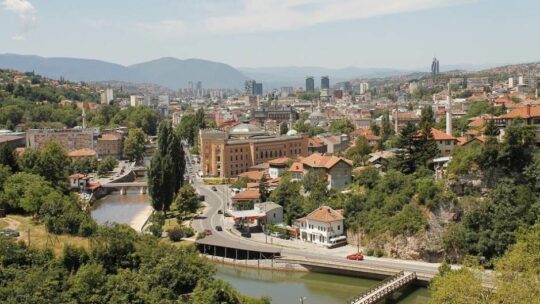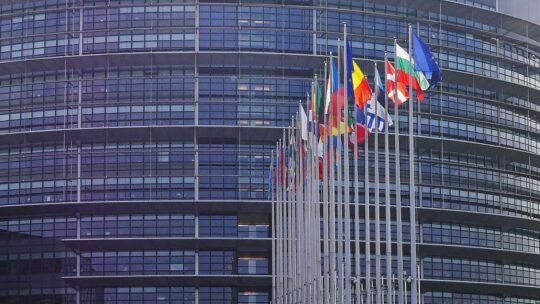International and local NGO's are concerned over Bosnian Serb authorities announcing a new law that would allow the government to monitor their work and force them to reveal their donors.
The President of Republika Srpska (RS), Bosnia's Serb-dominated semi-autonomous entity, Milorad Dodik, said a law proposal on foreign donations will soon be discussed in the RS National Assembly. According to Dodik's party colleague, Radovan Viskovic, it could be discussed in an urgent procedure.
In late May, Dodik had announced that the RS Government will begin to monitor NGO operations more strictly and force them to reveal their income. He said he considers a number of NGOs in Bosnia enemies of his government and called for a strict monitoring process over their operations.
The law would obligate NGOs to register as “foreign agents”, and force them to periodically submit their financial statements on donations and expenses to the RS government, a law similar to the one Russia had passed a few years ago.
If the law is discussed under urgent procedure, it will be voted on without any public discussion in the RS National Assembly, where Dodik's Alliance of Independent Social Democrats (SNSD) has a majority.
A number of NGOs condemnded the announcement in joint statement.
The statement was signed by the Civil Rights Defenders, Transparency International in Bosnia, Ostra Nula, Centar za mlade Kvart, Helsinki Citizens’ Parliament Banjaluka, the Association for Democratic Initiatives, the “BH Novinari” journalists’ association, the Association of Citizens for Promotion of Roma Education “OTAHARIN”, the Helsinki Committee for Human Rights and the Centre for Environment.
The organisations said a similar law was proposed in 2015 in which an array of regulations that contradict the European Convention of Human Rights and Fundamental Freedoms were identified, mainly those regarding the right to freedom of association and expression.
The law proposal was subsequently withdrawn.
“Statements by officials from the party in power in Republika Srpska are now going down a similar path,” the NGO's statement said, arguing that the announced law would require organisations which receive foreign funding to submit special reports to the RS Justice Ministry.
The work of the civil society sector is already regulated by laws on different levels of the country’s government and the sector is already obliged to submit financial reports to state institutions, the joint statement said.
“There is no justification for a new law regarding this sector to be put under urgent procedure, as any new law proposal should be the subject of a public discussion which involves as many people as possible,” according to the statement.
New legal requirements for NGO's would also breach the European Convention on Human Rights and Fundamental Freedoms, the Universal Declaration of Human Rights and Bosnia's Constitution, it said.
“Free and undisturbed association of citizens is of special public importance as such organisations, with their activities and projects monitoring public institutions, report on perceived irregularities, and help with the establishment of the rule of law,” the NGOs said.
“Denouncing employees in the NGO sector (such as calling them “servants of a foreign subject” as was stated in the earlier proposal), or labeling their activities as undesirable, creates a dangerous atmosphere of intolerance and lynching in which NGO's are presented as disturbing factors or subjects that need to be put under special control,” the statement read.
The NGO's call for the proposal to be discussed in a regular procedure, “without distinguishing non-governmental organisations based on their sources of financing,” the statement says.




